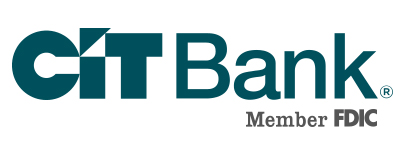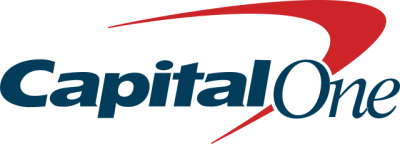Pros:
- Dividend Rewards earns great rates
- No monthly maintenance fees
- CDs offer good rates
- Low opening required amounts
Cons:
- Must become a member first
- Tiered interest rates
- High opening amount for Instant Access
- Low daily ATM withdrawal amount
Pros:
- Most accounts have low opening balance
- myDime Student account
- ATM fees refunded with DimePrime
- Business accounts are available
Cons:
- Opening accounts done at a branch
- Accounts not offered everywhere
- Low-interest rates
- Most accounts have monthly fees
The Dividend Rewards checking account earns competitive interest rates. To earn the most competitive rate has some requirements. You must have 12 debit card purchases each month and have one direct deposit or ACH withdrawal. You must also receive electronic statements. The competitive rate is for any balance from $0.01 to $15,000. Balances over $15,000 earns a lower rate.
First Tech savings and checking accounts do not have monthly fees. There is no minimum balance required to keep in the account to waive the monthly fees. These accounts are free.
The CDs offered through First Tech offer good interest rates. The terms range from six-month to 60-month terms. Each of the terms earns rates slightly lower than other online CDs. Each traditional CD term requires $500 to open.
First Tech has low required amounts to open their accounts. The checking accounts require $0.01 to open. Two of the savings accounts require $0.01 or $5.00 to open. Each of the CD terms requires $500 to open.
To open an account with First Tech, you must be a member of the credit union. You are eligible to be a member if you work for certain tech companies or the state of Oregon. If you live or work in Lane County, Oregon, you are eligible. Immediate family members of members are eligible. You can also become a member by joining the Computer History Museum or the Financial Fitness Association.
The Instant Access savings account with First Tech has tiered interest rates. To earn the most competitive rate, you must have a balance over $250,000. Lower account balances earn interest, just not the most competitive rate.
The Instant Access savings account has a high opening required amount. To open the account requires $5,000. There is no monthly fee for this account. Interest rates for the Instant Access account are tiered.
First Tech members can only withdraw $500 per day, per cardholder, from First Tech ATMs. Other ATMs may allow for a higher withdrawal, but you may face a fee. If you need more than $500 at one time, visit a branch location.
Most of the Dime accounts only need $25 to open the account. Those accounts include checking, savings, and money market accounts. The cost to open a CD is $500. The money market account requires $500 to establish the account. The minimum amount per check is $500 for money market accounts.
The myDime Student account is a basic checking account for students. There is no minimum balance to open the account. This account refunds fees charged from using other banks ATMs. myDime account offers an "oops rebate." Students are refunded the fee of one overdraft per calendar year. Online, mobile banking and bill pay are available. When students open this account, they receive three free deals from DimePerks.
DimePrime offers free withdrawals from any ATM. If you use a non-Dime ATM, they will refund the ATM fees. They refund up to $10 each month in ATM fees. To qualify for DimePrime, you must have $15,000 in Dime checking and savings accounts. Another option to qualify is to have a consumer or residential Dime loan balance of $150,000.
Dime offers a variety of business accounts. Checking, savings, and money market accounts are available for your business. CDs, commercial mortgages, loans, and credit lines are also available.
Even when you meet the required account balance to earn interest on your accounts the interest rates are low. Only a few of the CD term interest rates are competitive. All other interest rates are considerably lower than other online-only banks. They are competitive with typical banks.
To open an account with Dime, you have to visit a local branch. Their branches are in southeast Connecticut and west Rhode Island.
Since you have to visit a branch to open an account, accounts are not available everywhere. To be an account holder, you must live in southeast Connecticut or western Rhode Island.
Most all Dime accounts have a monthly service fee. The fees vary in range from $2 to $20 per month. The fees vary from accounts. To have the fee waived there are requirements you must meet. You must also have a certain amount in the accounts to earn interest.


